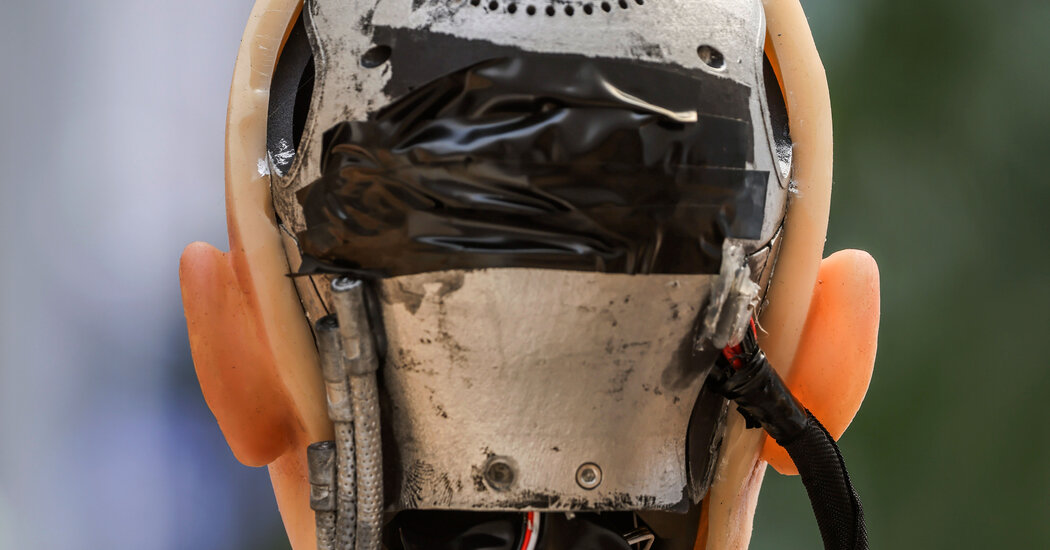The Urgent Need for U.S.-China Leadership Collaboration on A.I.
In Beijing this week, there is considerable speculation regarding the timing of a face-to-face meeting between President Trump and President Xi Jinping of China. Some Chinese analysts suggest that the two leaders should delay their meeting for a few months until Trump finalizes his decisions on the tariffs he intends to impose on China, as well as China’s potential responses.
However, I must interject: “Excuse me, Mr. Presidents, but you both need to convene, ideally tomorrow. Yet this meeting shouldn’t solely revolve around traditional topics like tariffs, trade, and Taiwan.”
Instead, there is a monumental event on the horizon—the advent of artificial general intelligence (A.G.I.). The United States and China stand as the two superpowers on the brink of developing A.G.I.—intelligent systems that will match or exceed human intellect and possess the ability to learn and operate autonomously. Regardless of what either of you may believe will define your legacy, I assure you that your collaboration in establishing a global architecture of trust and governance over these nascent superintelligent systems will be paramount.
I understand that some might view this as a futile plea against the backdrop of the upheaval created by the new administration in Washington, but I am determined to voice this message as emphatically as possible. Just as Soviet-American nuclear arms control was crucial for global stability since the 1970s, U.S.-Chinese collaboration on A.I. governance will play a vital role in ensuring the stability of the world to come.
A.I. technologies and humanoid robotics hold immense promise for enhancing human life. Nevertheless, they also pose significant risks that could lead to destruction and destabilization if not guided by the right principles and regulatory frameworks. Moreover, this new era necessitates comprehensive planning regarding employment and the preservation of human dignity in work, especially as machines become capable of outperforming humans in a myriad of tasks. The prospect of millions losing their jobs and sense of purpose simultaneously could lead to widespread disorder.
A seasoned Chinese economist recently expressed the gravity of these concerns: “Currently, many Chinese struggle to find employment. With the rise of A.I., they may not be able to secure jobs ever again. What occurs when ‘70 percent of civil servants are replaced by robots’? That scenario poses significant risks.”
